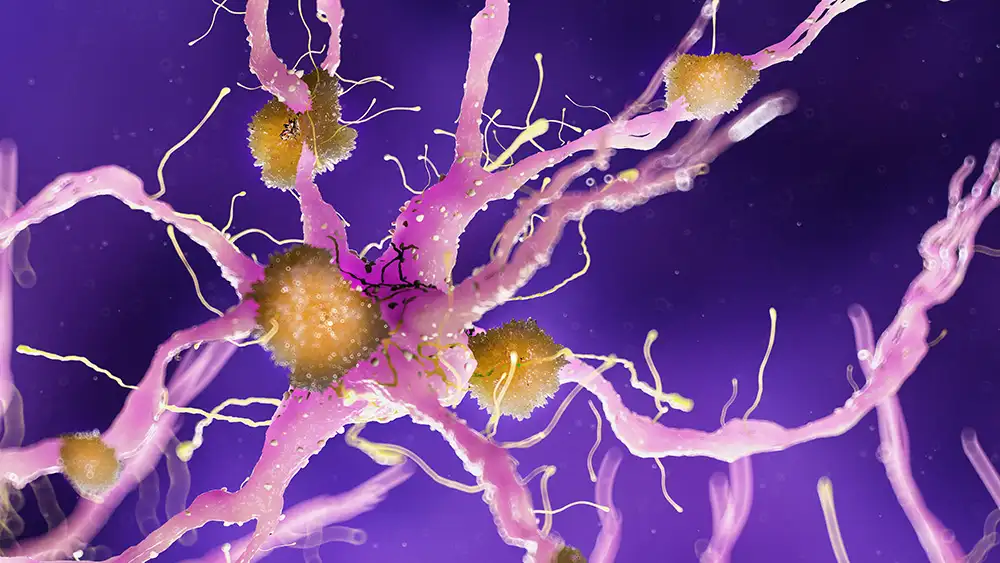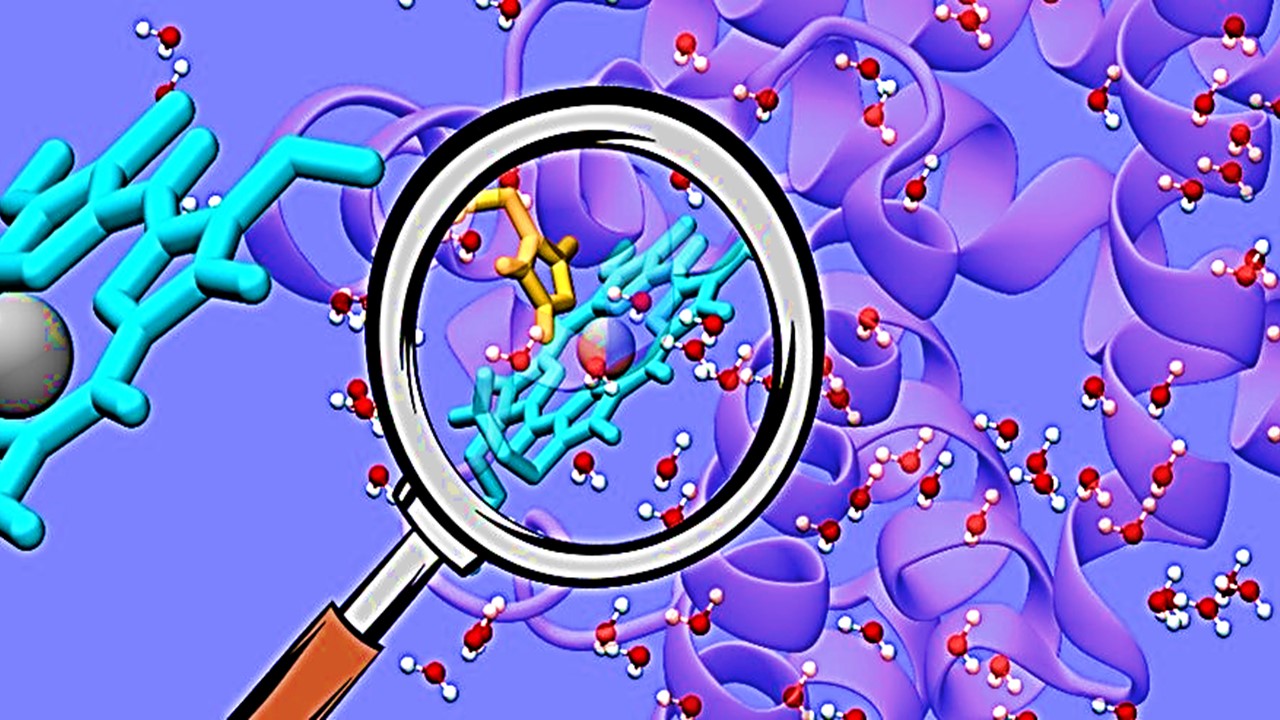A prevalent issue that harms both our mental and physical health is chronic stress. It can cause a number of issues, such as depression, a loss of interest in things that used to make us happy, and even post-traumatic stress disorder (PTSD). Researchers have now identified the exact neurons in a bow-shaped region of the brain that persistent stress affects, changing behavior.
Hyperactive POMC Neurons and Behavioral Problems
Researchers at Augusta University’s Medical College of Georgia looked into how proopiomelanocortin (POMC) neurons in the hypothalamus, a part of the brain that controls hunger, thirst, mood, sex drive, and sleep, were affected by chronic stress. In the study, male and female mice were subjected to a 10-day period of chronic, unpredictable stress that comprised confinement, protracted damp bedding in a slanted cage, and social isolation.
The study’s findings, which were reported in the journal Molecular Psychiatry, showed that both male and female mice with chronic stress had more POMC neurons fire spontaneously. Anhedonia, or the inability to experience pleasure, and behavioral despair, which is essentially depression, are the results of these neurons’ overactivity. These neurons were directly stimulated by scientists, and they noticed identical behavioral alterations in the mice.
In contrast, the investigators found that inhibiting neuronal activity lessened the behavioral alterations brought on by stress in both sexes. According to the study, POMC neurons both requisite and adequate to enhance vulnerability to stress, and their increased activity drives the ensuing behavioral alterations, such as depression, is caused by these neurons.
Impact of Chronic Stress on Yin-Yang Relationship of Neuronal Populations
The hypothalamus’s arcuate nucleus (ARC), which is home to POMC neurons, is already recognized as having a significant impact on how chronic stress alters behavior. Another group of neurons termed AgRP (agouti-related protein) neurons are also present in this area, and they are crucial for resilience to long-term stress and depressive disorders.
The same team’s previous work showed that AgRP activation decreases as behavioral modifications, such as anhedonia, take place in response to prolonged stress, and that the behaviors improved when the neurons were stimulated. Chronic stress throws off the yin-yang equilibrium between these two groups of neurons, causing POMC neurons to become more excitable.
Targeted Treatment to Restrain Hyperactive POMC Neurons
The precise mechanism by which chronic stress impacts POMC neurons still has to be elucidated, but the researchers believe potassium channels in these neurons may be involved. These channels respond to a variety of inputs, and when they are open, they allow potassium to leave the cell and reduce neuronal excitement.
Anticonvulsants administered to open potassium channels can reduce excessive firing in neurons, which is known to cause seizures. Even some preliminary clinical research suggests that these medications might be useful in the treatment of depression and anhedonia.
Chronic Stress and Its Impact on the Body
Chronic stress has a variety of physical repercussions in addition to its impact on the brain. Shortness of breath may result, especially in people with established respiratory conditions like asthma. Long-term exposure can worsen hypertension, the risk of heart attack and stroke, and even affect the healthy flora in our stomach that aids in digestion.
The study was funded by the National Institutes of Health and sheds light on the impact of chronic stress on the brain and its neuronal populations. Further research is needed to better understand the mechanism of how chronic stress affects POMC neurons and how best to target the channels if their findings continue to indicate they play a key role in exciting POMC neurons.
Study DOI: 10.1038/s41380-022-01872-5
Subscribe
to get our
LATEST NEWS
Related Posts

Neuroscience & Neuropharmacology
Sygnature Discovery Revolutionizes Neuroinflammation Research with In Vivo LPS Model
Innovative LPS model unveils new possibilities for understanding life-limiting neuroinflammatory conditions.

Neuroscience & Neuropharmacology
Unveiling Alzheimer’s Complexity: Decoding the Elusive Amyloid Beta Fibrils
Lecanemab found to confer shielding effect against detrimental effects of unbound amyloid beta fibrils.
Read More Articles
Synthetic Chemistry’s Potential in Deciphering Antimicrobial Peptides
The saga of antimicrobial peptides unfolds as a testament to scientific ingenuity and therapeutic resilience.












